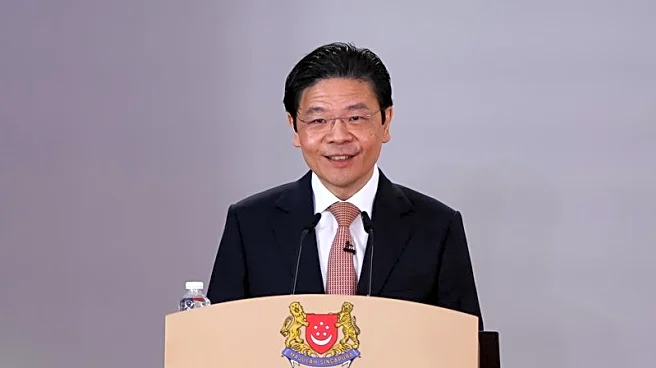What's Happening?
Senate Republicans from agriculture-heavy states are voicing opposition to President Trump's proposal to import beef from Argentina. The plan, intended to lower beef prices for American consumers, has
raised concerns among GOP senators who argue it could harm U.S. cattle producers already facing market pressures and high production costs. North Dakota Senator John Hoeven and Montana Senator Steve Daines have expressed their objections, emphasizing the need to support domestic cattle ranchers. The proposal comes amid rising beef prices, attributed to factors such as screwworm outbreaks and high tariffs on key exporting nations.
Why It's Important?
The proposed import of Argentine beef is significant as it highlights the tension between consumer price stabilization and the protection of domestic industries. While the plan aims to make beef more affordable for consumers, it risks undermining the U.S. cattle industry, which is crucial for many rural economies. The backlash from lawmakers and industry stakeholders underscores the delicate balance policymakers must maintain between international trade agreements and domestic economic stability. The outcome of this proposal could set a precedent for how similar trade issues are handled in the future, impacting both the agricultural sector and consumer markets.
What's Next?
The Trump administration has yet to provide detailed information on the agreement with Argentina. As discussions continue, the administration will need to navigate the competing interests of lowering consumer prices and supporting domestic producers. The response from the agricultural sector and political leaders will be critical in shaping the final decision. Further negotiations and potential policy adjustments are expected as stakeholders seek a resolution that addresses both economic and industry concerns.












